Energy Consumption Measurement and Management Method Based on Cloud Computing Environment
DOI: 10.23977/erej.2022.060205 | Downloads: 20 | Views: 1958
Author(s)
Yan Yang 1, Junjie Li 1, Liming Zhu 2, Wenxian Lei 1
Affiliation(s)
1 Changqing Engineering Design Company Limited, Xi’an, Shaanxi, China
2 Changqing Oilfield Branch of China National Petroleum Corporation Technical Monitoring Center, Beijing, China
Corresponding Author
Yan YangABSTRACT
Cloud computing has become a popular network computing model. It does not need to perform complex computing and avoid the purchase of a large number of hardware facilities. As long as the application program is used, it can directly perform computing and obtain service resources. Cloud computing providers are on the rise, and at the same time, energy consumption is starting to raise suspicions. The main purpose of this paper is to analyze and improve the measurement and management methods of energy consumption based on the cloud computing environment. This paper mainly proposes a resource scheduling algorithm through the problem of system resources and task scheduling allocation, so as to reduce unnecessary consumption. Experiments show that with the gradual increase of the constraint cost in the scheduling process of random tasks, the average total execution energy consumption of the cloud system and the amount of mobile data in the system are both declining, indicating that the scheduling process of tasks is gradually decreasing.
KEYWORDS
Cloud Computing, Energy Consumption Measurement, Energy Consumption Management, Task Resource SchedulingCITE THIS PAPER
Yan Yang, Junjie Li, Liming Zhu and Wenxian Lei, Energy Consumption Measurement and Management Method Based on Cloud Computing Environment. Environment, Resource and Ecology Journal Vol. 6: 32-42. DOI: http://dx.doi.org/10.23977/erej.2022.060205.
REFERENCES
[1] Deng R., Lu R., Lai C., et al. Optimal Workload Allocation in Fog-Cloud Computing Toward Balanced Delay and Power Consumption. IEEE Internet of Things Journal, 2017, 3(6):1171-1181.
[2] Sofia A S., Ganeshkumar P. Multi-objective Task Scheduling to Minimize Energy Consumption and Makespan of Cloud Computing Using NSGA-II. Journal of network and systems management, 2018, 26(2):463-485.
[3] Jamali I A., Lakhan A., Mahesar A R., et al. Energy Aware Task Assignment with Cost Optimization in Mobile Cloud Computing. International Journal of Communications, Network and System Sciences, 2018, 11(8):175-185.
[4] Ismail L., Materwala H. Energy-Aware VM Placement and Task Scheduling in Cloud-IoT Computing: Classification and Performance Evaluation. IEEE Internet of Things Journal, 2018, PP(6):1-1.
[5] Hasan M S., Alvares F., Ledoux T., et al. Investigating Energy Consumption and Performance Trade-off for Interactive Cloud Application. IEEE Transactions on Sustainable Computing, 2017, 2(2):113-126.
[6] Yan Z., Peng M., Daneshmand M. Cost-Aware Resource Allocation for Optimization of Energy Efficiency in Fog Radio Access Networks. IEEE Journal on Selected Areas in Communications, 2018, (11):1-1.
[7] Yu W., Fan L., He X., et al. A Survey on the Edge Computing for the Internet of Things. IEEE Access, 2018, 6(99):6900-6919.
[8] Hui L., Yan F., Zhang S K., et al. Source-level Energy Consumption Estimation for Cloud Computing Tasks. IEEE Access, 2017, 6(99):1321-1330.
[9] Ke M T., Yeh C H., Su C J. Cloud computing platform for real-time measurement and verification of energy performance. Applied Energy, 2017, 188(FEB.15):497-507.
[10] Chen S., Wang Z., Zhang H., et al. Fog-based Optimized Kronecker-Supported Compression Design for Industrial IoT. IEEE Transactions on Sustainable Computing, 2020, 5(1):95-106.
[11] Zheng L., Tesfatsion S., Bastani S., et al. A Survey on Modeling Energy Consumption of Cloud Applications: Deconstruction, State of the Art, and Trade-Off Debates. IEEE Transactions on Sustainable Computing, 2017, 2(3):255-274.
[12] Callau-Zori M., Samoila L., Orgerie A C., et al. An experiment-driven energy consumption model for virtual machine management systems. Sustainable Computing, 2018, 18(JUN.): 163-174.
| Downloads: | 6155 |
|---|---|
| Visits: | 497421 |
Sponsors, Associates, and Links
-
International Journal of Geological Resources and Geological Engineering
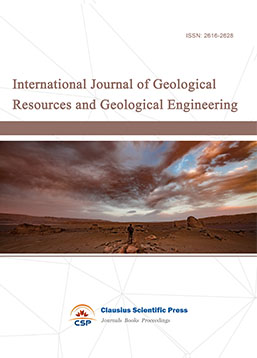
-
Big Geospatial Data and Data Science
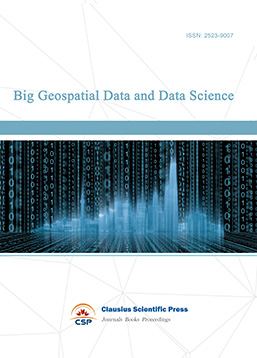
-
Solid Earth and Space Physics
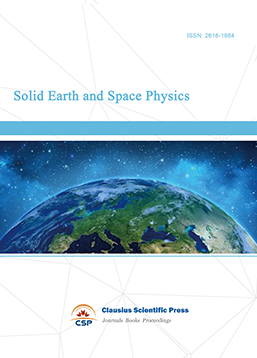
-
Environment and Climate Protection
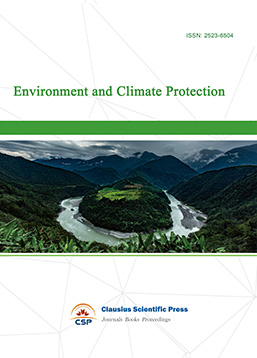
-
Journal of Cartography and Geographic Information Systems
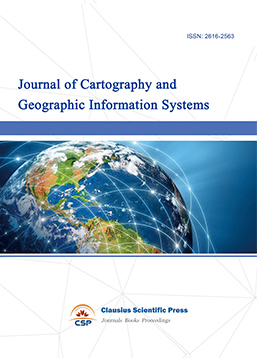
-
Offshore and Polar Engineering
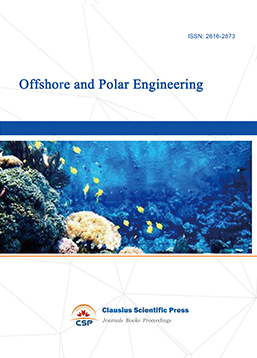
-
Physical and Human Geography
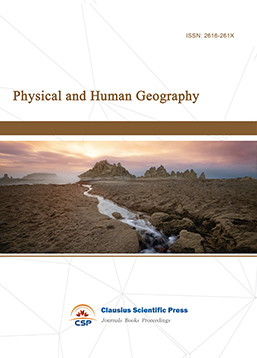
-
Journal of Atmospheric Physics and Atmospheric Environment
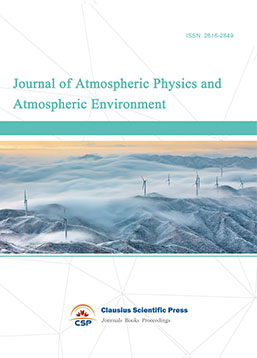
-
Trends in Meteorology
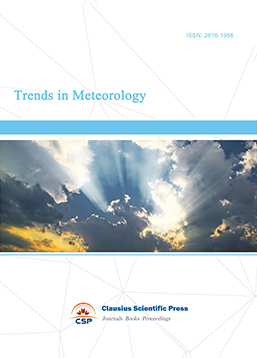
-
Journal of Coastal Engineering Research
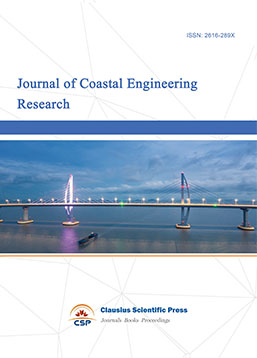
-
Focus on Plant Protection
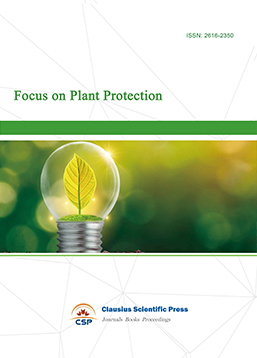
-
Toxicology and Health of Environment
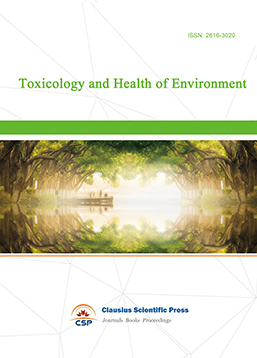
-
Geoscience and Remote Sensing
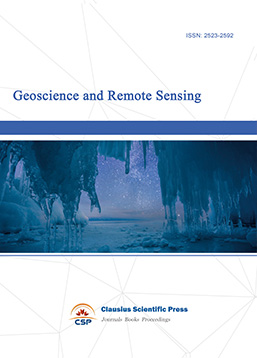
-
Advances in Physical Oceanography
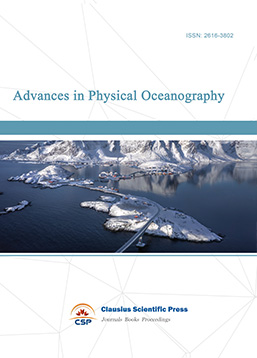
-
Biology, Chemistry, and Geology in Marine
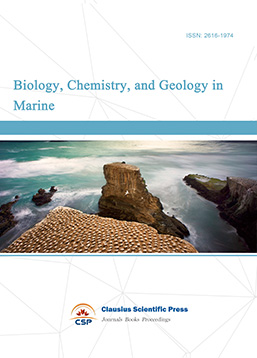
-
Water-Soil, Biological Environment and Energy
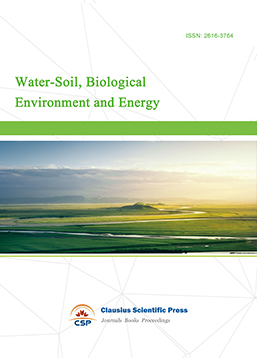
-
Geodesy and Geophysics
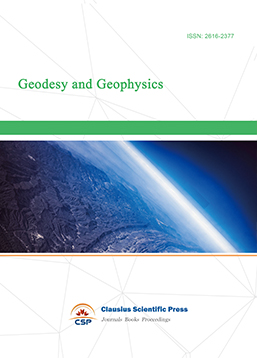
-
Journal of Structural and Quaternary Geology
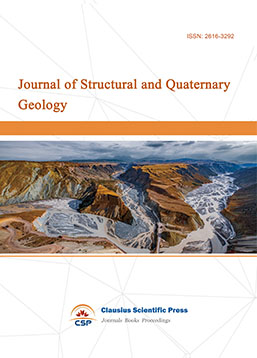
-
Journal of Sedimentary Geology
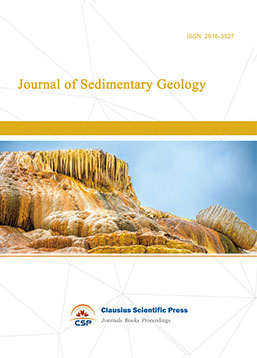
-
International Journal of Polar Social Research and Review
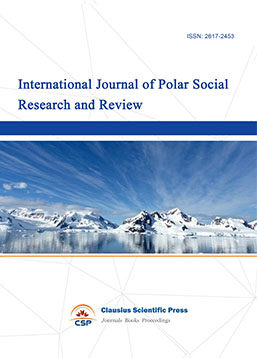

 Download as PDF
Download as PDF